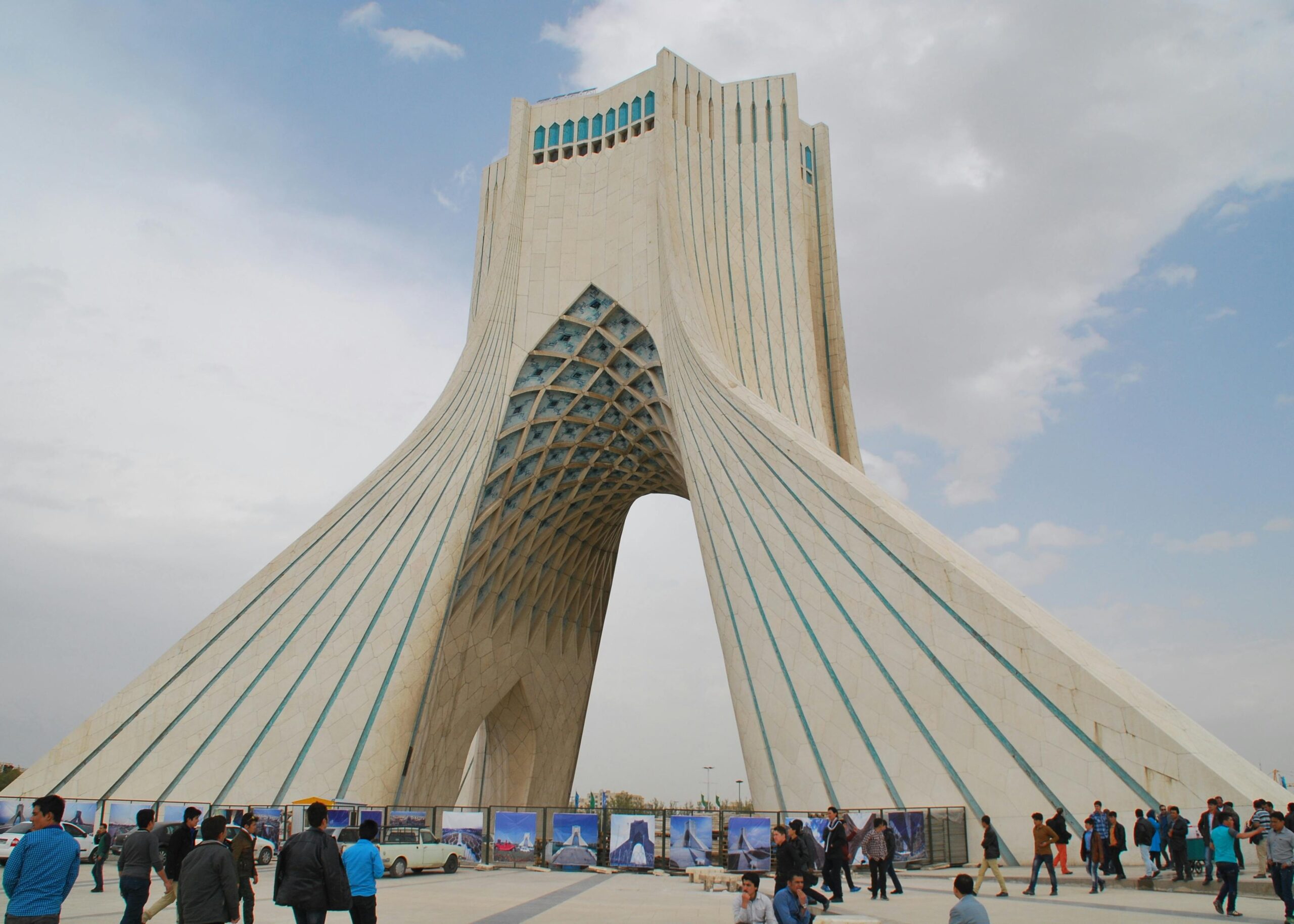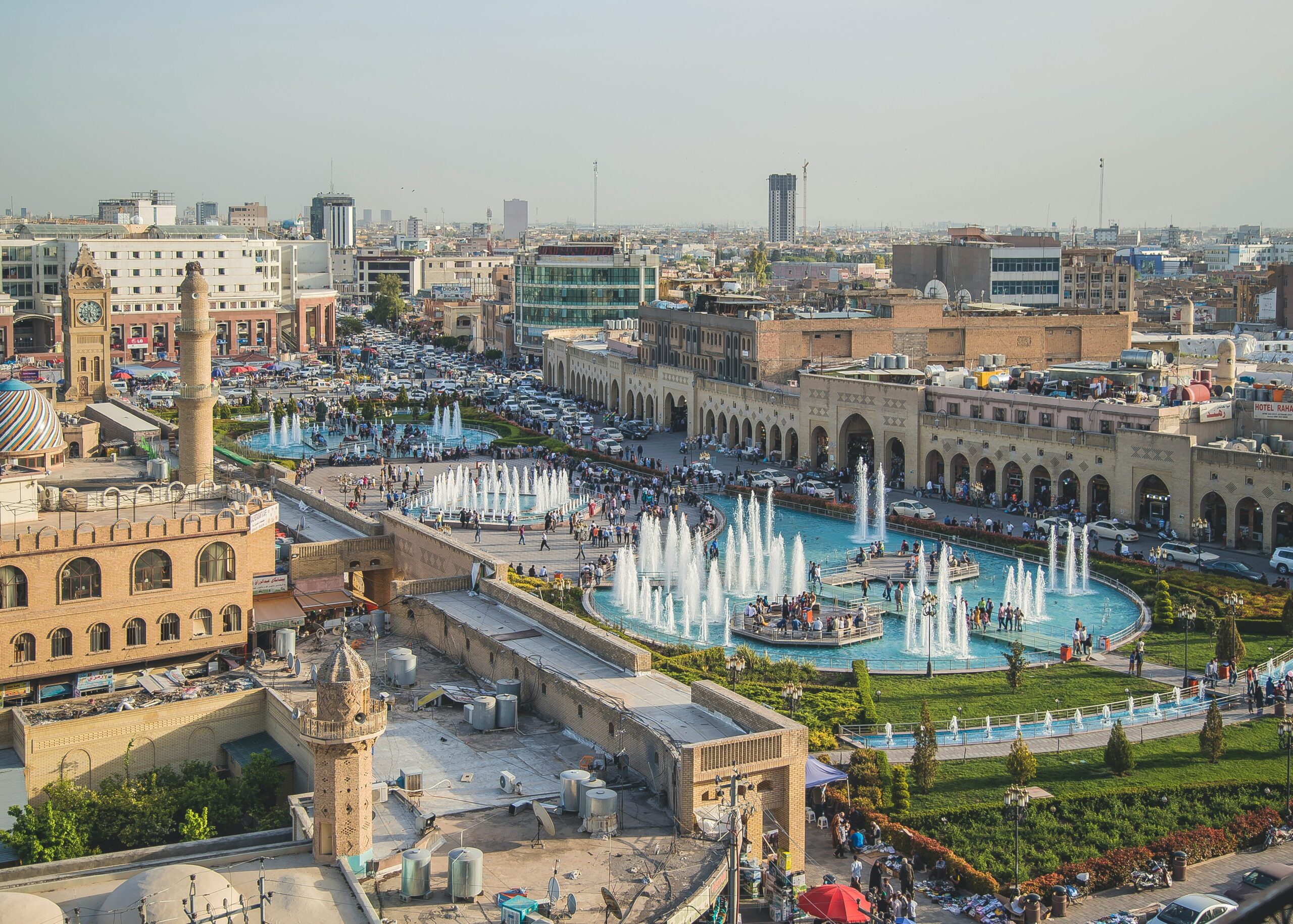Iran, a country steeped in ancient history and culture, is located at the crossroads of Central Asia and the Middle East. With a population of over 85 million people, it plays a significant role in the region’s politics and economy. Iran is governed by a unique blend of Islamic law and civil code, creating a legal environment that can be especially challenging for foreign individuals and businesses to navigate. This complexity is further amplified when it comes to delivering legal documents. If you’re involved in a legal matter that requires serving papers within the country, understanding the role of a Process Server Iran is essential.
Understanding Iran’s Legal Environment
Iran’s legal system is based on Sharia (Islamic law) and civil law traditions. Unlike many Western nations, Iran is not a signatory to the Hague Service Convention, which governs the international service of judicial documents among its member states. This means that serving legal documents in Iran follows a very different process than in countries that are party to this international treaty.
The Challenges of Serving Legal Documents in Iran
Serving legal documents in Iran can be a daunting task, particularly for those unfamiliar with the country’s legal, cultural, and bureaucratic landscape. Here are some of the main challenges you can expect:
1. Lack of Treaty Support
As Iran is not a member of the Hague Service Convention, there are no streamlined international procedures for document delivery. This means you cannot rely on the simplified methods often used in other jurisdictions, making the process more time-consuming and complex.
2. Government Oversight and Bureaucracy
Iran maintains tight control over legal procedures involving foreign entities. Permissions, authorizations, and adherence to local protocols are mandatory. Any deviation can result in the rejection of your service attempt or delays in processing.
3. Language and Translation Requirements
All legal documents served in Iran must be translated into Persian (Farsi), the official language. Furthermore, translations often need to be certified by authorized bodies. Inaccurate or unofficial translations can lead to legal invalidation.
4. Cultural and Religious Considerations
Iran’s legal and social systems are heavily influenced by Islamic customs. Failure to respect these norms—such as addressing individuals properly or observing gender protocols—can hinder the process.
5. Restricted Access to Certain Areas
Due to political or security reasons, some regions in Iran may be difficult or impossible to reach for document service. This poses a significant challenge for cases involving defendants in remote or sensitive locations.
Why Hiring a Process Server Iran is Crucial
Given the above challenges, hiring a professional Process Server Iran is not just advisable—it’s often essential. Here are several reasons why:
1. In-Depth Knowledge of Local Laws and Customs
A seasoned Process Server Iran understands the intricacies of the local legal system and cultural landscape. They can ensure that your documents are served in compliance with Iranian law, thus maintaining the integrity of your legal action.
2. Efficient Navigation of Bureaucracy
Professional process servers in Iran are familiar with the proper channels and authorities required for legal service. This knowledge significantly reduces delays and increases the likelihood of successful delivery.
3. Certified Translation Services
Most reputable Process Server Iran providers offer access to certified translators, ensuring that your documents meet the language and format standards required by Iranian courts and officials.
4. Secure and Documented Service
A reliable Process Server Iran will provide proof of service, such as affidavits or certificates, which are crucial in proving that your documents were properly delivered according to local laws.
5. Mitigation of Legal Risks
Mistakes in service can lead to case dismissals, enforcement issues, or even diplomatic complications. By using a qualified Process Server Iran, you significantly reduce these risks.
Process Serving Methods in Iran
Due to the lack of formal international agreements, process serving in Iran generally follows one of the following methods:
- Personal Service by Local Agents: The most common method, involving hand-delivery by a local process server familiar with legal protocols.
- Diplomatic or Consular Channels: Rarely used and generally slower, but still a viable option in some cases.
- Court-Ordered Service Through Iranian Judiciary: This method may require filing a request through Iran’s judiciary system, which can be cumbersome and slow.
The Role of a Process Server Iran in International Litigation
If you are involved in cross-border litigation and need to serve documents in Iran, a Process Server Iran acts as your bridge between legal systems. Here’s how:
- Ensures Legal Validity: Ensures that documents are served in a way that will be recognized both in Iranian and foreign courts.
- Handles Sensitive Situations: Provides discretion and professionalism in delicate cases, such as family law disputes or commercial lawsuits.
- Expedites Legal Processes: Speeds up the often slow-moving bureaucratic wheels by knowing the most effective routes and contacts.
How to Select a Qualified Process Server Iran
Choosing the right process server can make or break your case. Here’s what to look for:
- Experience with International Clients: Make sure they have a track record of working with overseas law firms and businesses.
- Legal and Cultural Expertise: They should be well-versed in Iran’s unique blend of religious and civil law.
- Transparent Pricing and Communication: Look for clear, upfront pricing and consistent updates throughout the process.
- References and Testimonials: Always check for client feedback or ask for references.
Final Thoughts
Serving legal documents in Iran involves navigating a web of legal, linguistic, cultural, and bureaucratic hurdles. Unlike many countries, Iran does not benefit from streamlined international agreements, making the role of a local professional even more critical. A knowledgeable Process Server Iran can be the key to unlocking justice in a jurisdiction known for its procedural complexities.
Whether you’re a legal practitioner, corporate entity, or individual with a cross-border legal matter, investing in the services of a reliable Process Server Iran is a smart move. Their expertise can ensure your documents are served lawfully, efficiently, and respectfully—ultimately increasing your chances of a favorable legal outcome.
Don’t risk your legal strategy on uncertainty. Trust a seasoned Process Server Iran to deliver your documents—and your justice—right on time.
Contact us today or call +1 (800) 845-6093 for a consultation and let us help you move your case forward—no matter the distance.
🌐 Visit https://processservercorp.com to get started.
This article is for informational purposes only and does not constitute legal advice. For specific legal guidance, please consult with a qualified attorney.




